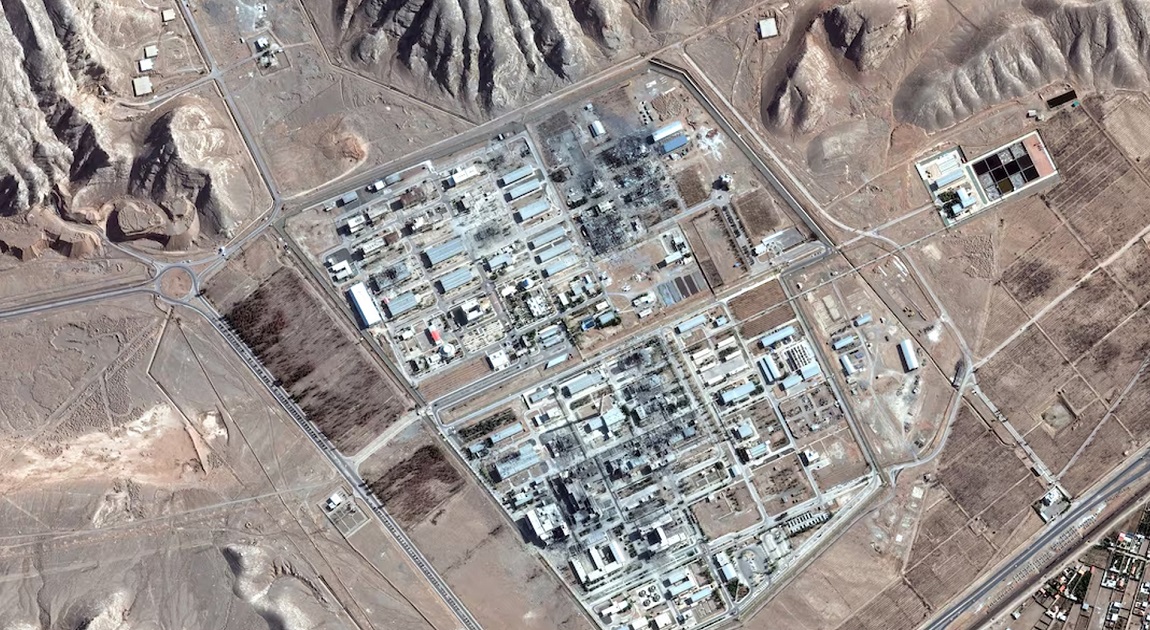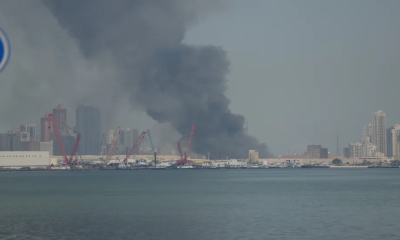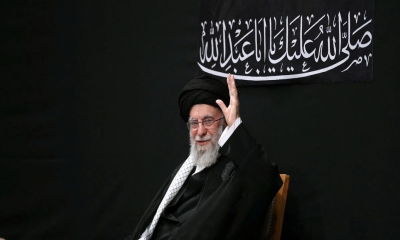Despite bold claims by former U.S. President Donald Trump that American airstrikes had “obliterated” Iran’s nuclear program, a preliminary intelligence assessment suggests otherwise.
According to U.S. Defense Intelligence Agency (DIA) findings, the strikes only temporarily disrupted Iran’s nuclear capabilities, setting the program back by no more than a few months.
The airstrikes were launched as part of a broader U.S. intervention during a 12-day war between Iran and Israel that saw heavy missile and aerial exchanges.
The conflict subsided earlier this week following a ceasefire publicly announced by Trump at 0500 GMT, with both nations later signaling compliance.
Trump had declared over the weekend that the deployment of 30,000-pound bunker-buster bombs had decimated Iran’s uranium enrichment sites.
However, three sources familiar with the DIA assessment stated that while entrances to two underground facilities were sealed, the structures themselves remained largely intact and centrifuges in some areas continued functioning.
One source confirmed that Iran’s enriched uranium stockpile was not destroyed and that much of the nuclear infrastructure, buried deep underground, had survived the bombing. The White House, however, strongly disputed the intelligence report, calling it “flat out wrong.”
According to The Washington Post, which cited an anonymous official, the strikes fell short of achieving the total destruction Trump promised.
The official noted that the effectiveness of the strikes was overstated, and Iran’s nuclear ambitions may have only been delayed by a month or two.
On Tuesday, the U.S. informed the United Nations Security Council that its military action had merely “degraded” Iran’s nuclear capacity—marking a clear shift from Trump`s earlier claims of complete obliteration.
Israeli Prime Minister Benjamin Netanyahu hailed the joint offensive as a success, asserting that Israel had eliminated two existential threats: a nuclear Iran and the looming danger of 20,000 ballistic missiles. "We have removed two immediate existential threats to us," Netanyahu said on Tuesday.
Meanwhile, Iranian President Masoud Pezeshkian declared a "great victory" for his country, stating that Iran had emerged from the war with its sovereignty intact. In discussions with Saudi Crown Prince Mohammed bin Salman, Pezeshkian expressed readiness to resolve outstanding issues with the U.S., according to Iran’s official news agency IRNA.
The recent hostilities began on June 13, when Israel launched a surprise offensive on Iranian nuclear facilities, resulting in the deaths of several top Iranian commanders. Iran retaliated with missile strikes targeting Israeli military infrastructure and major cities.
Although both sides are now observing the ceasefire, questions remain about the durability of the truce and the actual status of Iran’s nuclear ambitions. Tehran continues to maintain that its nuclear program is for civilian energy use only.







-20260303080739.webp)
-20260302065048.webp)




















-20260225072312.webp)



